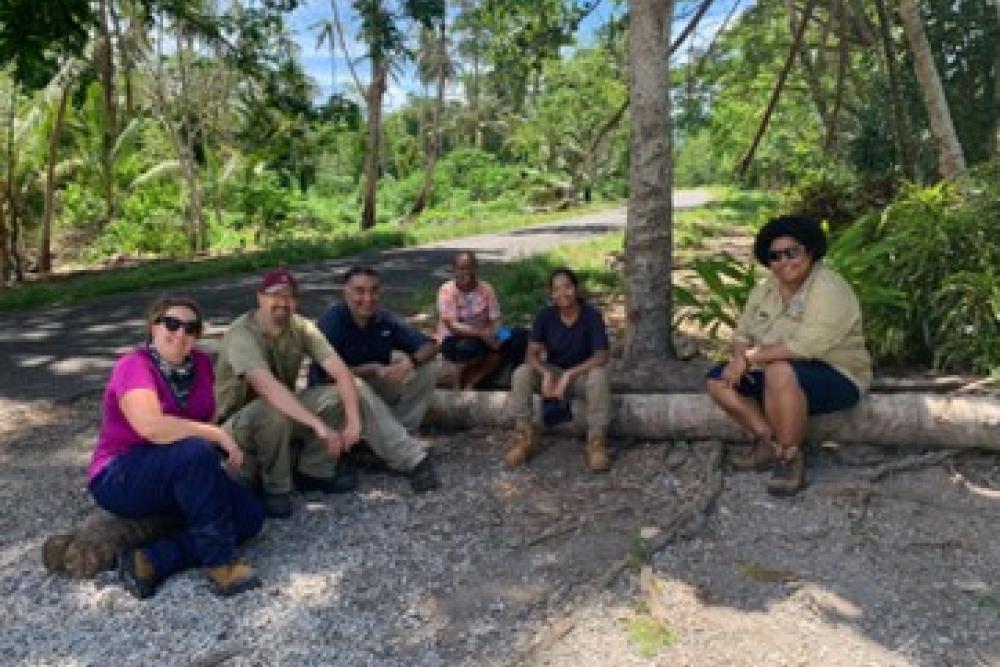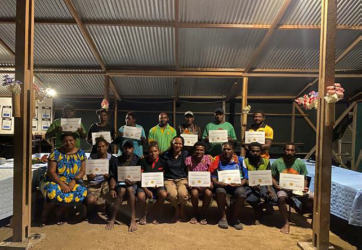Uncategorized
Pacific Engagement Program for Animal Health
The Chief Veterinary Office’s Pacific Engagement Program for Animal Health has been preparing for Pacific Week of Agriculture being held in Fiji from 6 to 10 March 2023. The team has collaborated closely with the department’s Trade, Market Access and International Division, the Pacific Community (SPC), and the Food and Agriculture Organisation (FAO) Subregional Office for the Pacific Islands. The team has supported coordination of an International Women’s Day breakfast, and a One Health side-event hosted by SPC.
The Pacific Week of Agriculture will also be an opportunity for SPC to progress the Pacific Animal Health and Production Capacity Development Plan 2022-2025, which will be presented for consideration by the Pacific Heads of Agriculture and Forestry Services and the Ministers of Agriculture and Forestry Services. This plan outlines the animal health, production and biosecurity priorities for the Pacific region, and was developed in collaboration with our office, SPC, the New Zealand Ministry of Primary Industries (MPI) and other stakeholders.
Our team has also been working closely with NZ MPI’s Pacific Foot and Mouth Disease Preparedness team and the Animal Health and Biosecurity Pacific Partnership team. A focus of collaboration is providing assistance to the Solomon Islands Ministry of Agriculture and Livestock (MAL) in the lead up to November’s 2023 Pacific Games, including supporting Dr Nigel Gillan, a NSW district vet who is undertaking a 6-month placement with MAL via DFAT’s Australian Volunteers Program.
Timor-Leste and Papua New Guinea capacity building
The Chief Veterinary Office has been working with the Biosecurity Training Centre at Charles Sturt University (CSU) to design a pilot capacity building program for Timor-Leste’s quarantine services. An in-country assessment of biosecurity needs in Timor-Leste occurred in January. A train-the-trainer program is being developed tailored to Timor-Leste’s needs to commence at CSU in April, followed by a mentored training session in Timor-Leste to enable the trained officers to share their new skills.
In Papua New Guinea (PNG), department veterinarians are working with their PNG colleagues to implement a passive animal health surveillance network, and training was recently provided for 20 village rangers in PNG’s Western Province. The rangers are now providing monthly reports on animal health and animal populations using PNG’s newly developed National Animal Health Information System. This provides early warning for changes in animal health and risk factors for emerging animal disease in a region traditionally difficult for PNG’s animal health officers to access.



